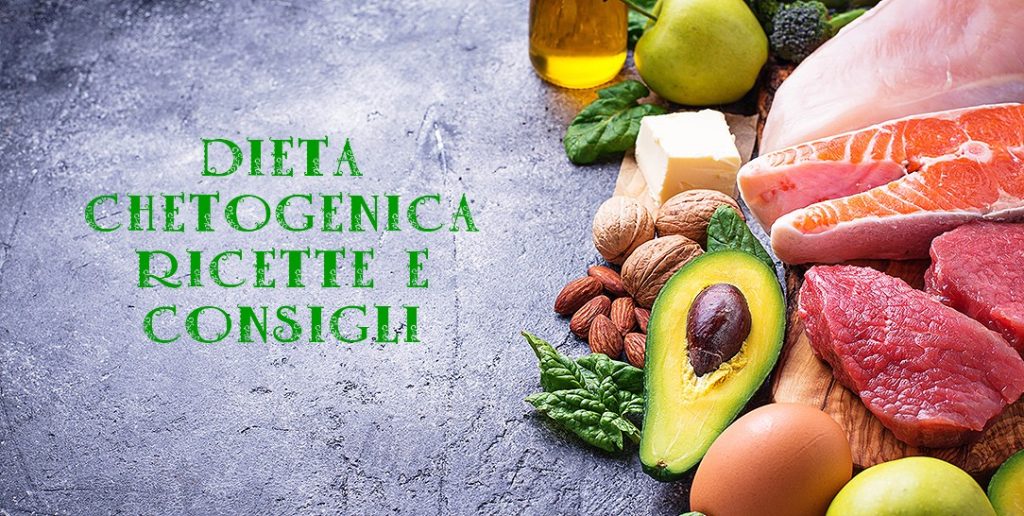The ketogenic diet is a dietary regimen that drastically reduces carbohydrates, while increasing proteins and especially fats, initiating a process called Ketosis. In general, ketosis is reached after a couple of days with a daily carbohydrate intake of about 20-50 grams, but these amounts can vary on an individual basis. This type of diet has a significant impact on the body, so much so that it originally emerged as a diet recommended for reducing epileptic seizures in patients who did not respond to medications, especially in children.
Today, the success of the ketogenic diet is primarily linked to its effectiveness in weight reduction, but it is important to note that it is not an easy regimen to follow. Even the slightest deviation in terms of carbohydrates can cause the body to stop ketosis and return to using its preferred energy source: sugars. Those who have followed this diet – which is usually proposed for short periods, of a few weeks – report having a lot of energy once the state of ketosis is reached. However, the days leading up to this event are sometimes characterized by nausea, constipation, fatigue and breathing difficulties that tend to disappear after a week.
There is not just one type of keto diet, but many, all following an essential basic scheme involving a drastic reduction of carbohydrates, large amounts of fats, and moderate amounts of proteins. So, no bread, pasta, rice, or cereals, legumes, or sodas, fruit in moderation, while vegetables, fats, and proteins are allowed.
ALLOWED FOODS:
All types of meat, fish, eggs, butter, coconut oil, extra virgin olive oil, leafy green vegetables, cabbage, broccoli, zucchini, radicchio, avocado, cucumbers, fennel, nuts and seeds, berries, spices, cold cuts.
FORBIDDEN FOODS
Bread, pasta, fruit, cereals with a higher carbohydrate content, potatoes, legumes, sugary drinks, alcoholic beverages, cornflakes, and oatmeal.

- Cuisine: Italian


